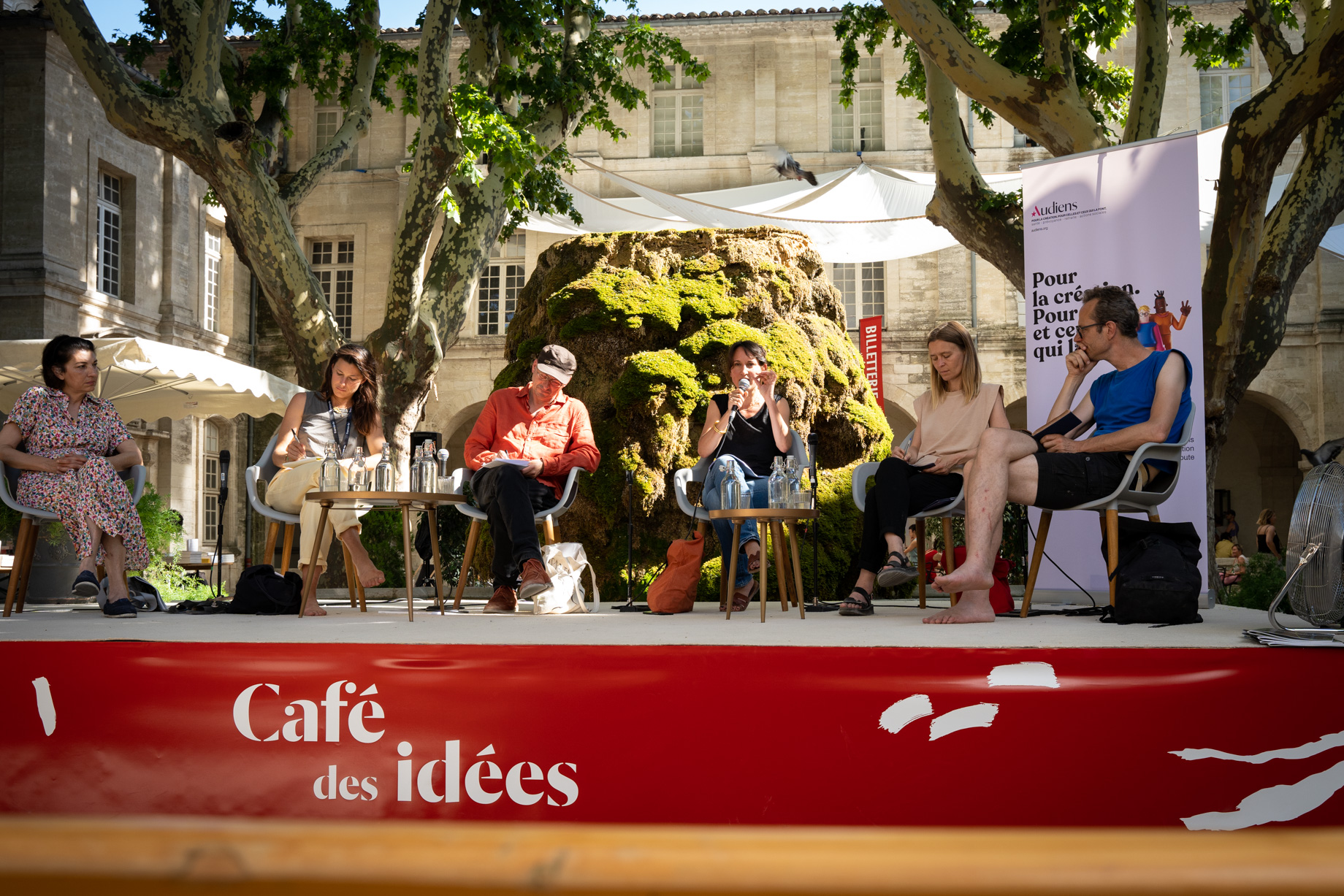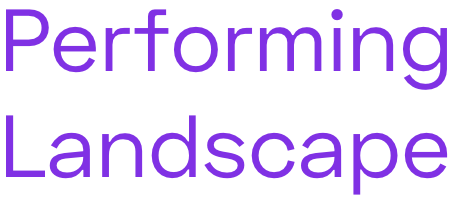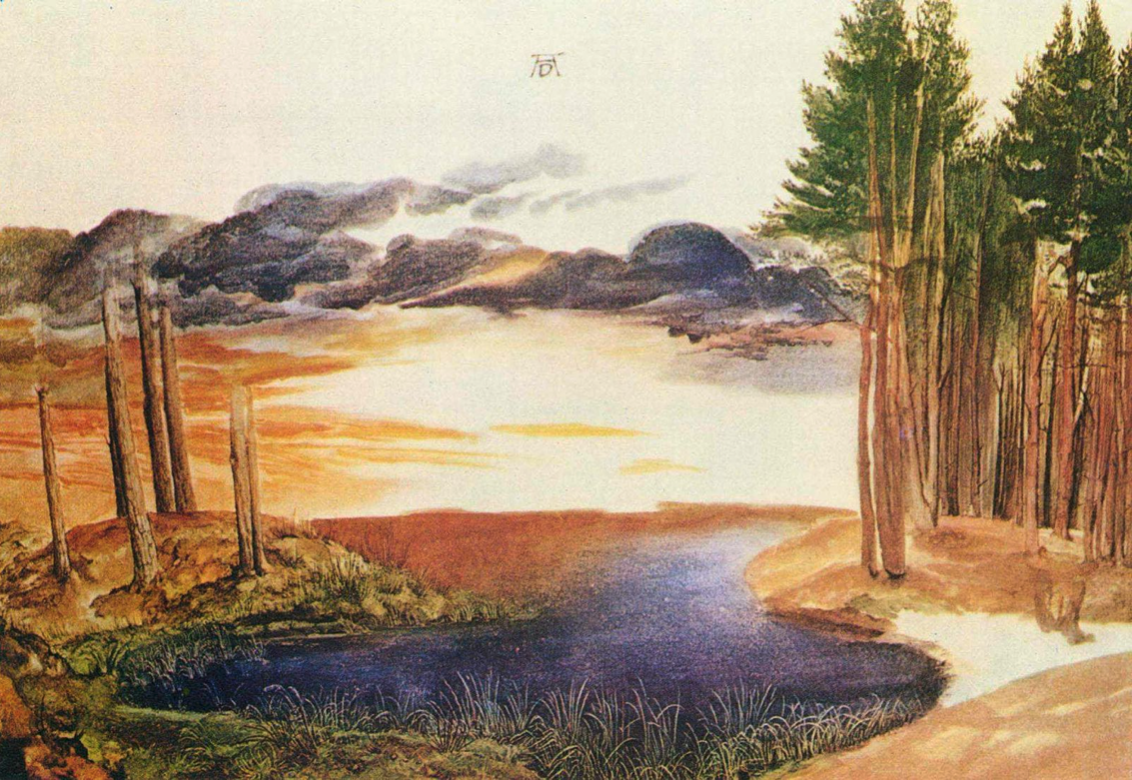Research & Peer Learning
Each institution associates a researcher for the local creation of Shared Landscapes. The researchers come from different backgrounds and countries and are all interested in the relation between performing arts and landscapes, territories - performing art, sociology, territorial management, land-planning to give more context and to think outside the box of theatre and to provide an academic approach. They feed the collective reflection of the project with inputs from different fields.
Locally each researcher accompanies their affiliated institution in the whole process following the local research, territory analysis and implementation phases of the project Shared Landscapes. At the end of the process, after seeing the local restaging, they participate in a public talk and write a paper about the project. In parallel the partner institutions organise peer learning sessions between production, technical and audience development teams from the
different countries. The key question leading the working groups revolves around how to develop sustainable formats of international co-production in local territories: resilient, decentralised, and innovative? They will evaluate and improve the restaging methodology and protocols after each new implementation of the event Shared Landscapes. This will allow them to build up a practical tool kit, “Performing Landscape”.
Articles
Articles
Articles
![]() SHARED LANDSCAPES: AN EXPERIMENT OF LIVING AND SENSING WITH THEATRE
SHARED LANDSCAPES: AN EXPERIMENT OF LIVING AND SENSING WITH THEATRE
Discover

Mapping the landscape - a shared endeavour
Amaranta Fontcuberta, Leila Chakroun, Darious Ghavami
Discover
Lectures and talks
Lecture and talk with Frédérique Ait Touati
July 10thFESTIVAL D’AVIGNON (FR)
Une conférence de Frédérique Aït-Touati sur le fait d'habiter la terre comme un paysage partagé. Puis un temps d'échange avec l'ensemble des participants pour s'interroger sur ce que fait le paysage au théâtre.
Watch the replay

Lecture performance and talk
“Cartographies paysagères”
by Amaranta Fontcuberta and Leila Chakroun
May 31stTHEÂTRE VIDY-LAUSANNE (CH)
A small multidisciplinary team of three researchers from the Competence Centre in Sustainability at the University of Lausanne, Amaranta Fontcuberta, Leila Chakroun and Darious Ghavami, is accompanying the “Paysages Partagés” (“Shared Landscapes”) project in the Parc naturel du Jorat. The team has interrogated some of the major issues raised by the project: what constitutes a landscape? Who constructs it, who shapes it and defines its limits? How is it shared? How can live art allow us to reveal or insert ourselves into a landscape? To answer these questions, the team carried out surveys of ten artists associated with the project. These brought to light the wide range of ways of reading landscapes embodied by different artistic approaches. These sometimes resonate with each other, and sometimes are dissonant. An interrogation emerged: how can we enable multiple perspectives on the landscape in order to better experience it?
Based on these surveys, the researchers offer a thematic cartographic journey through the plain of Mauvernay and the forest of Jorat. Starting from this territory, they show how an ambivalence emerges in our relationship to the landscape – which appears at times as a picture-setting, and at times as an environment-habitat
Watch the replay
![]()
Panel “Shared Landscapes: How Do We Share the World?”
August 28th 2023
BERLINER FESTSPIELE (DE)
With Eva von Redecker, Andreas Weber, Olaf Sanders, Werner Friedrichs
![]()
Lecture and talk with Frédérique Ait Touati
July 10th 2023
FESTIVAL D’AVIGNON (FR)
With Frédérique Aït Touati researcher and director, Caroline Barneaud and Stefan Kaegi curators of Paysages partagés, Clara Hédouin director of Que ma joie demeure, Marina Ezdiari CSR manager at Audiens
Moderated by Christophe Triau of the magazine Alternatives théâtrales
Toolkit
The quality and diversity of resources among our group of diverse performing arts institutions enables fructuous on-going reflections and training. The partners will organise a European peer learning between executive directors and production, technical and audience managers from the different countries. These working groups will meet regularly throughout the whole project at key moments to share knowledge, practices, experiments and questions on “performing landscape”.
The working groups will first identify the relevant questions and needs, and scientists or experts will be invited to join some sharing sessions.
The working groups will first identify the relevant questions and needs, and scientists or experts will be invited to join some sharing sessions.
This will establish a common ground and help define the areas of concern for the European partners. Some topics are already identified:
approaching new territories with care (audience and management teams), articulating local and global in all the phases of the project, improving capacity building of our institutions (management team), performing outdoors with a minimum environmental impact (technical teams)? to make concepts travel instead of shows? (Production and artistic teams) How to diversify the audience? (Audience management teams). The key question leading the working group revolves around how to develop sustainable formats of international co-production in local territories: resilient, decentralised, and innovative?
approaching new territories with care (audience and management teams), articulating local and global in all the phases of the project, improving capacity building of our institutions (management team), performing outdoors with a minimum environmental impact (technical teams)? to make concepts travel instead of shows? (Production and artistic teams) How to diversify the audience? (Audience management teams). The key question leading the working group revolves around how to develop sustainable formats of international co-production in local territories: resilient, decentralised, and innovative?
They will evaluate and improve the restaging methodology and protocols after each new implementation of the event Shared Landscapes. This will allow them to build up a practical tool kit with technical, administrative, artistic and production inputs on how to create theatre in the landscapes: This will help the sector globally learn about how to perform outdoors, developing a better understanding of the contexts by sharing references and practices.

















 SHARED LANDSCAPES: AN EXPERIMENT OF LIVING AND SENSING WITH THEATRE
SHARED LANDSCAPES: AN EXPERIMENT OF LIVING AND SENSING WITH THEATRE
